Michael Shermer responds to Richard Weikart’s critique of his January 2019 column in Scientific American: “Stein’s Law and Science’s Mission: The Case for Scientific Humanism. And, in Science Salon # 50, Michael speaks with Dr. Rachel Kleinfeld, a senior fellow at the Carnegie Endowment for International Peace, where she focuses on issues of rule of law, security, and governance in post-conflict countries, fragile states, and states in transition.
Tags
-
browse by topic
morality
eSkeptic for January 16, 2019
eSkeptic for December 5, 2018
In Science Salon # 47, Dr. Michael Shermer speaks with Dr. Susan Blackmore about: how science can test subjective mystical experiences; memes and tremes; free will and determinism; the hard problem of consciousness, out of body experiences, near-death experiences, and God.
eSkeptic for November 28, 2018
Psychiatrist Dr. Ralph Lewis answers the following question for religious believers facing adversity: “You’re an atheist?! How do you find meaning and morality in life if there is no God?”
Answering the Hard Question: “You’re an Atheist?! How Do You Find Meaning and Morality in Life if There Is No God?”
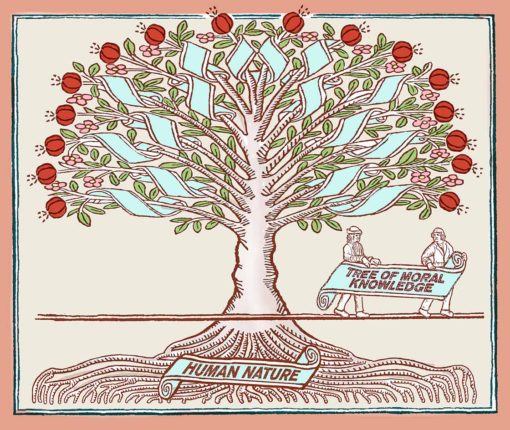
Psychiatrist Dr. Ralph Lewis answers the following question for religious believers facing adversity: “You’re an atheist?! How do you find meaning and morality in life if there is no God?”
eSkeptic for November 14, 2018
Sleep paralysis is a type of hallucination that occurs in the fuzzy borderlands between wakefulness and sleep. Former tripping-hippie-conspiracy-theorist-turned-skeptic Heidi Love shares first-hand accounts of her experiences lucid dreaming under sleep paralysis.
Daniel de Visé — On Comebacks in Sports and Life
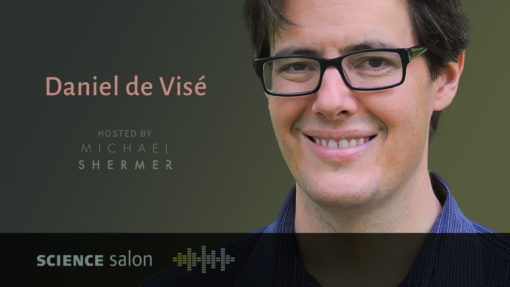
Shermer speaks with Daniel de Visé about one of the greatest athletes in American history, three-time Tour de France winner Greg LeMond. They also discuss: Lance Armstrong and the era of using Performance Enhancing Drugs in sports and the ethics of how something can be immoral if everyone is doing it. Shermer explains his game theory analysis of cheating and how to tilt the incentive matrix to encourage fair play among all agents in a system, and more…
eSkeptic for October 31, 2018
The New York Times calls him “the most influential public intellectual in the Western world right now.” He inspires heartfelt admiration or abject loathing, and very little in between. In these uncertain times it seems essential to have an opinion about Jordan Peterson. But Skeptic contributor Stephen Beckner can’t quite make up his mind.
Dr. Jonathan Haidt — Coming Apart
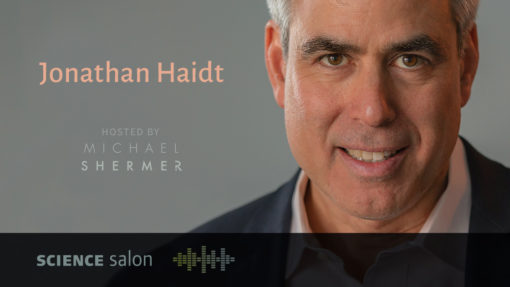
A lecture by and follow-up discussion with Dr. Jonathan Haidt about the excessive divisiveness of American politics and culture the past several years.
eSkeptic for October 17, 2018
Science Salon Podcast # 42: The Meaning of Life, the Universe, and Everything. A dialogue between Michael Shermer and psychologist Clay Routledge (Supernatural: Death, Meaning, and the Power of the Invisible World) on life’s deepest and most meaningful issues.
Great Untruths
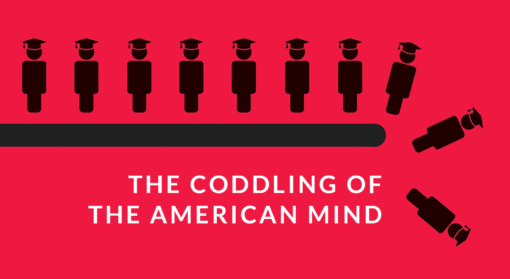
Anondah Saide and Kevin McCaffree review The Coddling of the American Mind: How Good Intentions and Bad Ideas are Setting Up a Generation for Failure by Greg Lukianoff and Jonathan Haidt.
eSkeptic for October 10, 2018
In Science Salon # 41, Dr. Lieberman considers disgust and its impact on the legal system to show why the things that we find stomach-turning so often become the things that we render unlawful.
Dr. Debra Lieberman — That’s Disgusting! Objection: Disgust, Morality and the Law

In Science Salon # 41, Dr. Lieberman considers disgust and its impact on the legal system to show why the things that we find stomach-turning so often become the things that we render unlawful.
Dr. Ralph Lewis — Finding Meaning in a Meaningless Universe
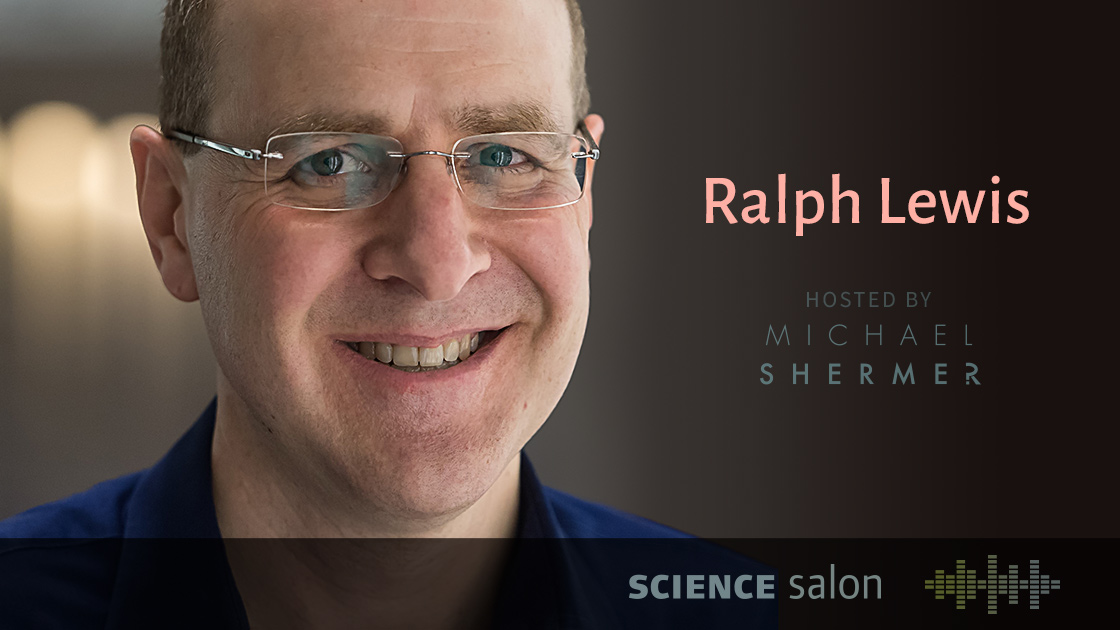
In Science Salon # 30, Michael Shermer talks with University of Toronto psychiatrist Dr. Ralph Lewis, the author of the new book Finding Purpose in a Godless World: Why We Care Even if the Universe Doesn’t about helping cancer patients (and others facing death) to cope without depending on religion.
eSkeptic for June 8, 2018
In his June 2018 ‘Skeptic’ column for Scientific American, Michael Shermer discusses Google data scientist Seth Stephens-Davidowitz’s idea that Google searches may act as a “digital truth serum” for our deeper and darker thoughts.
Moral Philosophy and its Discontents

Michael Shermer responds to Massimo Pigliucci’s critique of his Scientific American column on utilitarianism, deontology, and rights, entitled “You Kant be Serious: Utilitarianism and its Discontents.” (May 2018).
eSkeptic for April 4, 2018

In this week’s eSkeptic: Amazing Deal!: 1st edition, autographed hardcover of The Moral Arc ($5.00) Feature: Hope and Hype for Alzheimer’s Scientific American: Silent No More: The Rise of the Atheists $5.00 SIGNED HARDBACK, 1st EDITION! On this, the 50th anniversary of the death of Martin Luther King Jr., who famously evoked the arc of […]
eSkeptic for March 7, 2018
In this week’s eSkeptic: Available Now: Skeptic Magazine 23.1: Evil, Theism, Atheism Scientific American: Factiness: Are we living in a post-truth world? SKEPTIC MAGAZINE 23.1 Evil, Theism, Atheism—meaning & morality in a life without god Order a print subscriptionOrder a digital subscriptionBuy the print back issueBuy the digital back issue Here’s what’s in the latest […]
Dr. Bart Ehrman — How a Forbidden Religion (Christianity) Swept the World
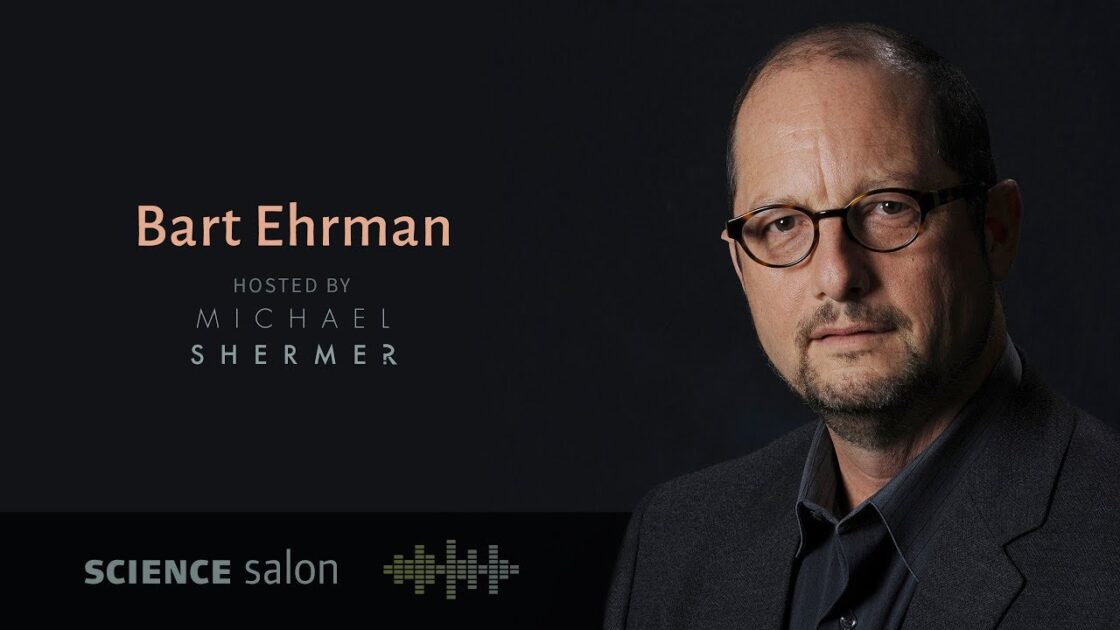
How did a tiny sect of just 20 people at the time of Jesus’ crucifixion in 30 CE became 25 to 35 million Christians by 400 CE? In this remote Science Salon Dr. Shermer converses with the great bible scholar and historian Dr. Bart D. Ehrman, the Distinguished Professor of Religious Studies at the University of North Carolina at Chapel Hill.
eSkeptic for October 25, 2017

Could a sonic weapon have focused a wave of energy with pinpoint accuracy on American diplomats in Cuba? In this week’s eSkeptic, Robert E. Bartholomew presents a plausible explanation for the illness cluster reported by State Department officials: mass psychogenic illness.
eSkeptic for September 6, 2017
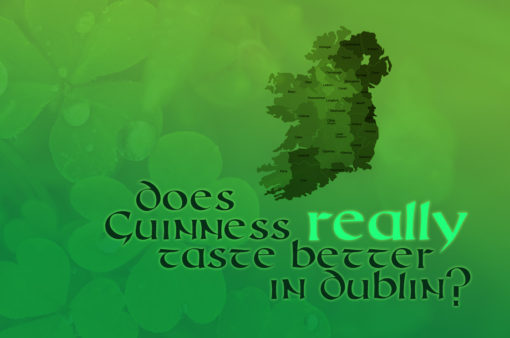
In this week’s eSkeptic: Tour of the Emerald Isle in our 2018 Grand Irish Odyssey; Science Salon # 14: Dr. Nancy Segal on Twin Mythconceptions; Sept. 15 Debate: Is God a Figment of Our Imagination? Shermer v. McGrath; Promotional Offer: Save 25% off the Reasons to Believe film on Vimeo; Oct. 19 Debate: Solving Moral Dilemmas: How Do We Know What’s Right?.
SKEPTIC App
Whether at home or on the go, the SKEPTIC App is the easiest way to read your favorite articles. Within the app, users can purchase the current issue and back issues. Download the app today and get a 30-day free trial subscription.










